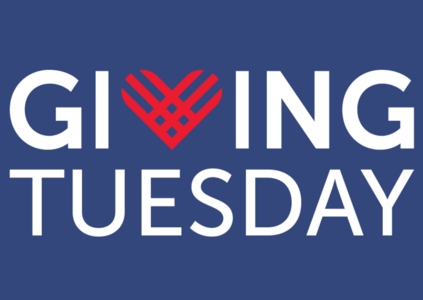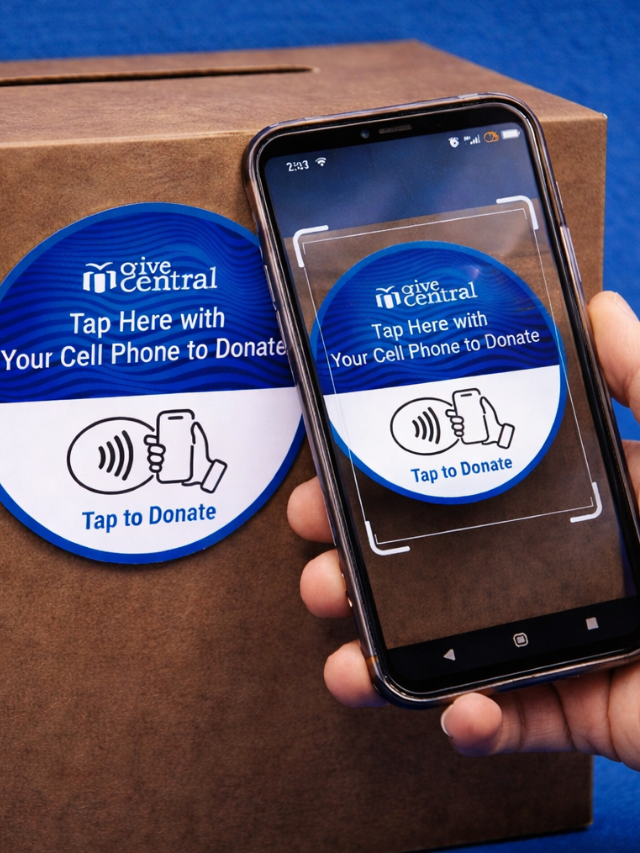To talk to your donors and ask for donations is the most challenging step in your nonprofit fundraising cycle. You don’t necessarily need a professional course on donor communications, a huge budget to allocate for hiring fundraising experts, or even prior experience in asking a donation. However, you need proper planning and a strong will to make it through.
A plan? Sounds like a task in itself? That’s why we are here. This step-by-step guide will help you with your ask and turn your next prospect into a donor with a powerful donor communication strategy.
Build relationships with your prospects and existing donors
You don’t want your prospects to hang up the phone in the middle of your conversation or end up with a “NO”. This is very obvious. To make an ask that actually ends up with a donation, you should emphasize authentically building a relationship with your prospective donors. Suppose you are running a fundraising campaign and you ask for donations from a potential donor or from your existing donors. Do they seem to be surprised by your question? This reflects that something is deeply missing.
Never surprise your donor. Can’t emphasize it enough!
Make it clear in your first few calls or in-person conversation that it is about communicating about your campaigns, about the changes that you bring in the community, and your overall mission.
Master every aspect of your ask
Have you ever walked into an interview without being prepared? If yes, then you might understand that it gets trickier with each passing minute and you tend to fumble on the questions being asked. This robs you of your confidence in front of the interviewer. Would you want the same to happen while you communicate with your prospective donors for your nonprofit fundraising campaign? There is a need to polish your representation skills and thus stand a chance to convince your ask. To convince your prospect, convert them to a donor, get funds and create a real, lasting relationship with your nonprofit, you need to PRACTICE. Practice a lot! Rehearse each and every aspect of your ask. Do it multiple times so that by the time you sit in front of your prospect, you should be smart enough to take on every question that comes your way.
It’s time to ask for donations
Now that you have made a relationship with your donors, you should be comfortable enough to take the most intimidating step – the ask. When you ask for donations after you establish a correlation, you’ll find that donors actually respond. This is because of the smartness in your asking technique and because of the sense of authenticity for the purpose that you have cultivated in your donors.
Oftentimes, you will end up with what you were hoping for – donations. Sometimes you won’t. But that doesn’t mean your exercise was unsuccessful. Since a connection has already been established, chances are high that donors will make a commitment – if not in the form of donations, then in the form of expanding your network or volunteering for your cause.
Ask them for something more – their advice
There is something more you can ask from your donors or supporters who have successfully been converted – their valuable advice. Donors want to be heard. Running to them only at times when you need funds will not make them feel valued and important. Asking for advice when setting up or running a campaign will engender a sense of ownership in them. This will further help you build a relationship with your donors and ultimately make the journey of your ask smooth and casual. Apart from making the ask a plain-sailing task, you will get to learn about what they are most passionate about and their biggest fears of giving.
Say thanks and show gratitude
Converting prospects into donors and building donor relationships just to lose them will be silly. According to the data from Donor‐Centered Fundraising, 85% of donors would consider supporting your future nonprofit fundraising campaigns if they receive a personal thanks. A simple step of thanking your donors in-person or via mail will express your gratitude and will help bind the donor-nonprofit relationship even further. A “donor thank you” should be sent immediately after they make a donation and at each and every step where they show you their support.
Donations Donor Communication donor thank you fundraising campaign nonprofit fundraising
Last modified: May 1, 2025

















